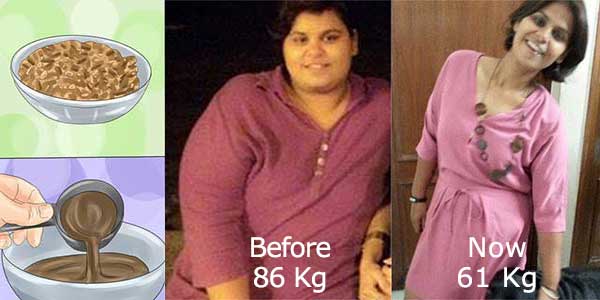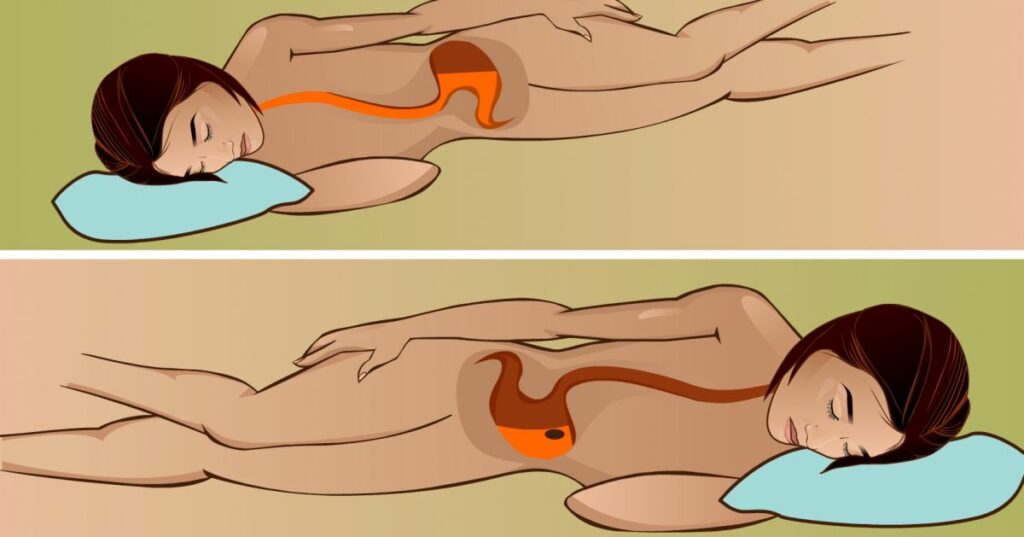Are your feet, ankles, hands, or legs often swollen? This happens because of water retention, a condition known as edema. It is characterized by the accumulation of fluids in the tissues, circulatory system, and cavities.
![]() The main causes of edema are pregnancy, not being physically active, premenstrual syndrome, sedentary lifestyle, and certain medications. But, swelling can also occur during a long flight. Most cases of edema are not serious. However, sometimes it can indicate heart failure or kidney disease, so it’s important to treat it on time.
The main causes of edema are pregnancy, not being physically active, premenstrual syndrome, sedentary lifestyle, and certain medications. But, swelling can also occur during a long flight. Most cases of edema are not serious. However, sometimes it can indicate heart failure or kidney disease, so it’s important to treat it on time.
Here are the main causes of edema as well as suggested ways of how to reduce the swelling and avoid water retention, as long as there’s no underlying condition.
1. Excessive Sodium Intake : If your diet is based on sodium-rich foods and if you don’t drink enough water, your body will use its water reserves. This, in turn, results in water retention. The human cells can expand up to 20 times with the help of water. So, the important thing here is to know which foods contain high amounts of sodium, so you can start avoiding them.
Besides salt, sodium can also be found in canned vegetables, some condiments, processed meat, and other processed foods. On the other hand, Celtic and Himalayan sea salt can reverse the water retention caused by table salt.
2. Magnesium Deficiency : Lack of magnesium can lead to edema. This mineral is vital for most functions in the body, so insufficient amounts of it can hinder the proper function of the body. This will eventually lead to water retention. Here are the foods which contain the highest amount of magnesium: dried fruits, spinach, dark green veggies, dark chocolate, nuts, avocados, peas, and whole grains.
3. Lack of Vitamin B6 : A study published in the Journal of Caring Sciences involved women who experienced water retention caused by premenstrual syndrome. They took vitamin B6 on a daily basis, and their condition was soon improved. This vitamin is water-soluble, so it requires many cofactors to function properly. Therefore, it’s best to obtain it from whole foods.
Foods high in this vitamin are potatoes with skin, chicken, lean beef, turkey, tuna, dried fruit, bananas, sunflower seeds, and pistachio nuts.
4. Lack of Potassium : Potassium deficiency can result from not consuming enough potassium-rich foods but high amounts of salt. This will eventually lead to edema. Lack of this mineral can cause weight gain, muscle spasms, and cramps. Potassium can reduce water retention due to its ability to reduce the sodium levels.
You can find this mineral in most fruits, especially in watermelon, honey melon, and rockmelon.
5. Dehydration : Dehydration occurs when you don’t drink enough water. This condition forces the body to retain water in order to survive, resulting in swellings in your feet, ankles, hands, or legs. Luckily, it’s not hard to improve your condition. Just drink enough water and potassium-rich juices, and avoid soda drinks and coffee.
6. Excessive Consumption of Processed Foods : As we mentioned, processed foods are full of sugar and sodium – one of the leading causes of water retention. But, they also contain artificial food additives whose toxic nature puts a load on the kidneys and the liver.
Foods which contain high amounts of sugar including artificial sweeteners can cause spikes in the levels of insulin and blood sugar.



